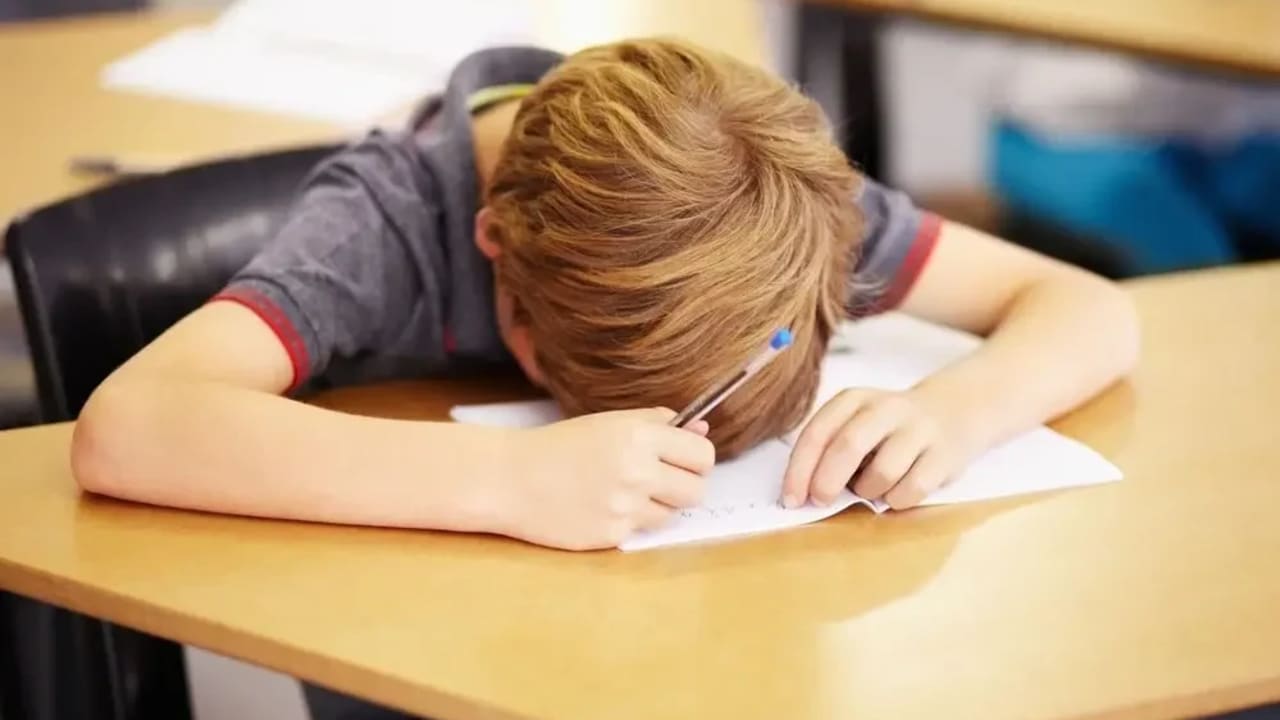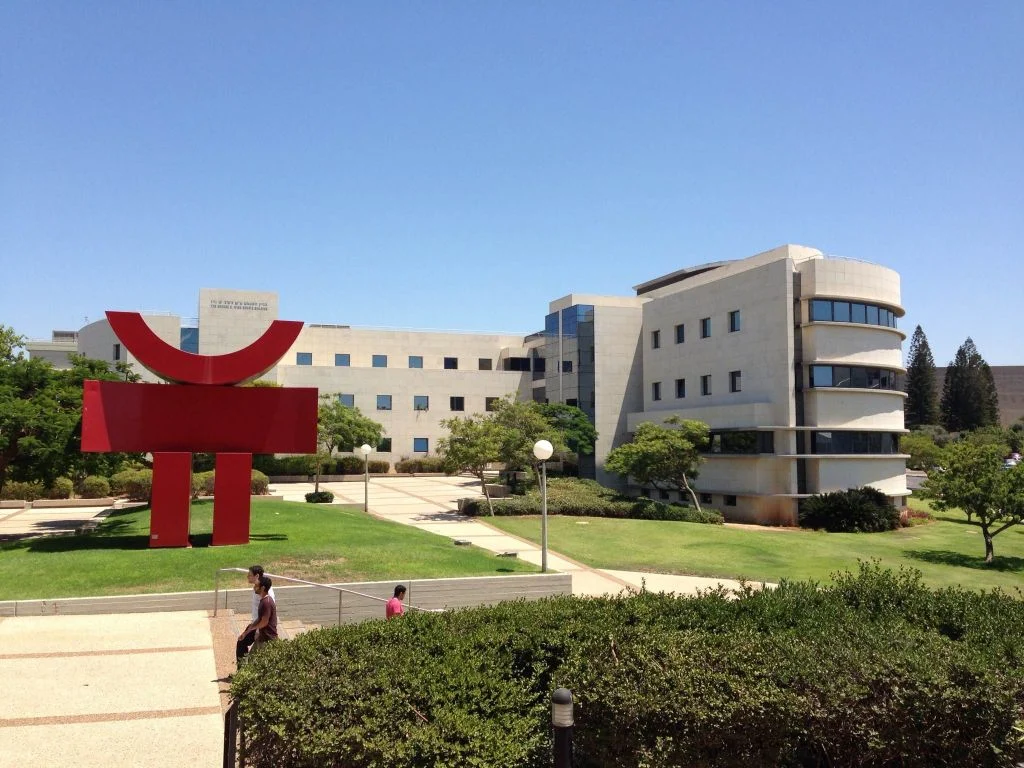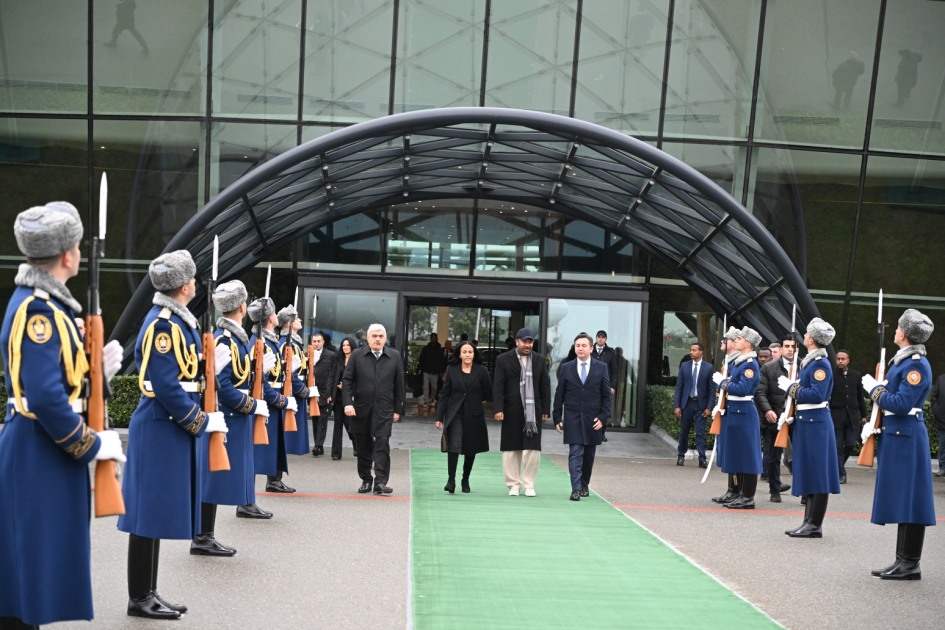Jerusalem Post
ByDR. SHIRLEY HERSHKO
Many people with attention disorders are offered medication, but several research-backed methods can also effectively reduce symptoms.
If you or someone you care about has ADHD, you probably know the daily challenges: Difficulty concentrating on tasks, the feeling that the mind is running in different directions, impulses that are hard to control. While medication is one treatment option, recent studies reveal that there are additional ways that can truly help. These are not unproven methods or dubious “natural remedies,” but research-based approaches that have been shown to be effective.
1. Exercise: Your Brain Needs Movement
Does it sound too simple to be true? But the research shows a clear picture: Regular physical activity significantly improves attention functions in people with ADHD.
How does it work? When you exercise, something fascinating happens in the brain. The physical effort helps reduce irregularity in the attention system, improves impulse control, and increases concentration.
More and more studies in recent years show that regular physical activity, mainly aerobic but also other activities, contributes to improved neurocognitive functions in people with ADHD.
In a comprehensive review published this year on adults with ADHD, it was found that 9 out of 10 of the studies reviewed reported significant improvement in impulse control, selective attention, and cognitive flexibility.
How much exercise is needed is perhaps the most important question, and its answer is also research-based: Physical activity that reaches at least 50% of maximum heart rate for several weeks led to significant improvement in executive functions among adults with ADHD.
In practice, this doesn’t mean you have to be professional athletes. It refers to regular aerobic activity that moderately challenges you—your breathing is faster, your heart beats more quickly, but you can still hold a conversation. The activity can be brisk walking, light jogging, cycling, swimming, and more.
2. Mindfulness: Training Attention From Within
Mindfulness, or awareness practice, is a tool gaining momentum in ADHD treatment—and for good reason. This approach teaches us to be aware of the present moment, to identify distractions, and to pause before reacting automatically.
People with ADHD often experience a mental “storm”: Jumping thoughts, difficulty staying focused, overly quick reactions. Mindfulness trains the brain to pause, breathe, and choose a response instead of reacting automatically.
Meta-analyses conducted on adults with ADHD found statistically significant improvement in ADHD symptoms as a result of mindfulness practice, including improved executive functioning, behavioral issues, and emotional dysregulation.
The full truth: Mindfulness is not a miracle cure. Research shows it improves internal awareness, attention, and sometimes functioning, but it does not replace primary treatment. When mindfulness was compared to other active treatments, its effect was more moderate. In other words, it works best as complementary treatment, not a substitute.
In a comprehensive review published in 2022, researchers reviewed 22 studies with 1,237 participants. This meta-analysis, which included multiple studies on adults with ADHD, found significant statistical improvement in ADHD symptoms as a result of mindfulness practice, especially in attention and executive functions.
3. Cognitive Behavioral Therapy (CBT): The Strongest Research-Based Treatment
If there is one treatment that research clearly points to as particularly effective, it is ADHD-focused Cognitive Behavioral Therapy. This treatment does not focus on talking about feelings—it is a strategy-based, practical treatment that works on:
• Planning and organizing tasks – how to break big tasks into smaller ones.
• Reducing procrastination – why we tend to postpone and how to deal with it.
• Time management – concrete tools for planning the day.
• Impulse control – how to pause before reacting.
In a large meta-analysis published this year, researchers from China examined 37 clinical trials on adults with ADHD. The main conclusion was that CBT achieved the most significant effects in both the short and long term, on both ADHD symptoms and accompanying depression and anxiety.
What’s unique about this treatment is its impact on symptoms of depression and anxiety that often accompany ADHD. This is a dual effect that no other treatment has achieved with the same strength.
In conclusion, if you live with ADHD, today you have—aside from medication—three scientifically proven ways that can help. And pay attention to what has been proven in research, because the internet is flooded with miracle solutions and unproven promises. It’s important to note that none of these treatments has been proven to replace medication if it is required based on professional diagnosis. They have been shown to serve as part of a complete treatment plan.
In any case, before starting any treatment change, it is important to consult with a doctor or qualified clinician who is familiar with your case.
Dr. Shirley Hershko is a senior expert in Israel in the field of attention, a researcher and author, a lecturer at the Hebrew University, founder of a diagnostic and treatment center for children and adults, and the author of five bestselling books and an additional new book.
Advertisement

















